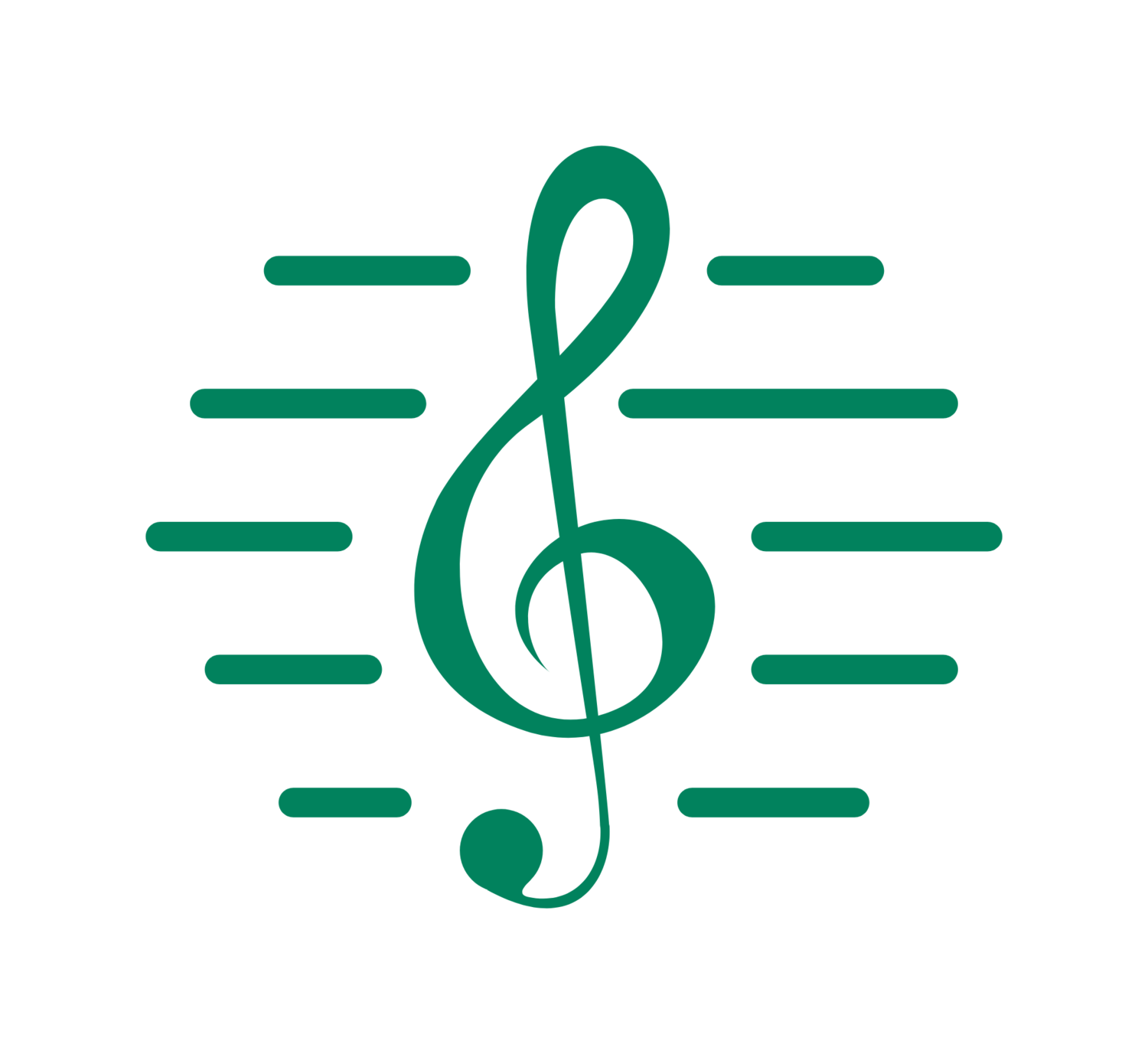Leipziger Strase, Berlin 1897
By Waldemar Franz Hermann Titzenthaler - Scanned from Janos Frecot & Helmut Geisert: Berlin in frühen Photographien 1857–1913. Schirmer/Mosel, Munich 1984. ISBN 3-88814-984-3 (Landesinstitut für Schule und Medien Berlin-Brandenburg), Public Domain, https://commons.wikimedia.org/w/index.php?curid=3234069
Loeschhorn was a German composer, pianist and pedagogue.
Carl Albert Loeschhorn, son of Carl and Charlotte Elisabeth Loescchorn (sometimes spelt Loschhorn) was baptised on the 13th July 1819 at the Garnisongemeinde Evangelische Kirche in Berlin. The baptism record states that he was born on the 27th June 1816.
Throughout his later life he is known as Albert which is not surprising considering his father’s name was also Carl.
Loeschhorn trained at the Royal Institute for Church music which is a predecessor of today’s Institute of Church Music at the Berlin University of the Arts. The Royal Institute for Church Music was founded in 1822 with its purpose to train organists, cantors and teachers for work at seminaries and grammar schools.
He took piano lessons with Ludwig Berger from 1837 and after Berger’s death in 1839, he continued his piano study with Berger’s pupil, Rudolph Killitschgy. After Killitshgy’s death in 1851 he became the piano teacher at the Institute. He studied composition with August Wilhelm Bach (no relation to J. S. Bach) and Edvard Grell. In 1858 he was appointed Professor. He was given the title of Royal Professor and was very highly thought of as a teacher.
Loeschhorn married on the 28th May 1848 to Luise Wilhelmine Auguste Eckert and in 1850 they had a son, Hans Carl. Hans was born on the 2nd February 1850 and was baptised on the 7th April 1850.
Loeschhorn gave concerts of chamber music in Berlin, many of which he appeared as the pianist. His Op. 65, 66 and 67 became the most widely known of his works. These are studies for the piano. Some of his piano pupils became important pianists.
Loeschhorn died on the 4th June 1905 and he was buried in the Atler Zwolf-Apostel-Kirch in Schoenberg, near Berlin. His grave apparently is not preserved.
From Nelson Evening Mail 12th July 1897
In the Nelson Evening Mail dated 12th July 1897 there is an article about a concert given by a Miss Fell and others, on her return from Europe. The pieces she plays are from the works of Beethoven, Chaminade, Schumann, Chopin and Loeschhorn. It is noted that these pieces show a wide range of choice and style. (It interesting to note that these pieces all come from the Romantic period). Miss Fell played an octave study by Loescchorn. At the end of the article there is a mention of the type of piano used at the concert, a Steinway grand. It is thought that this is the first time that a Steinway grand piano has been used in Nelson. The last paragraph concerns Mr Moffatt’s patented music leaf turner, a device invented by him and his partner, Edward Knapp. This apparatus enabled the player to turn the pages of the music themselves without using their hands. It states that Mr Moffatt was unable to attach it to the piano because it was devised for an upright piano, not a grand piano. He did not have enough time to adjust it for use on a grand piano.
In the newspaper North Star dated 26th May 1912 there is a review of recent music publications. This reviewer states ‘that not all music that is published is of good quality, much of it truly has not been and still is not worth the paper that it is printed on. But on the other hand, there has been an ever-increasing quantity of music publications of real value, excellently produced and mostly at reasonable prices’. The reviewer compliments the quality of the publications from Augener Ltd. He praises Loeschhorn, á valued name in the educational world, his studies usually combining a musical expression along with their intent to advance a student’s technical resources’.
In the Fielding Star dated 5th March 1897 there is a paragraph in the newspaper that is a sort of ‘lost-and-found’ entry. It says ‘A paper parcel containing The Musical Times and Loeschhorn Etudes Progressives has been left at this office’.
In the New Zealand Times dated 18th November 1905 it announces the death of Loeschhorn earlier in the year. ‘Albert Loeschhorn, the oldest piano teacher in Berlin, died on the 4th June. He was eminent as a pedagogue and as a composer of exercises and studies for the piano. Born in 1819, his teachers were Ludwig Berger, Grell, A. W. Back (sic) and Killitschgy.
The following are the pieces composed by Loeschhorn which have been in the ABRSM syllabus.
Loeschhorn Carl Albert Study in A Minor, Op 139, No. 10 Grade 5 1962 B Romantic
Loeschhorn Carl Albert Study in A minor, Op. 65 No. 38 Grade 3 1960 A Romantic
Loeschhorn Carl Albert Study in A, Op. 65 No. 46 Grade 3 1968 B Romantic
Loeschhorn Carl Albert Study in C, Op. 65 No. 3. A Romantic Sketchbook for Piano, Book 1 Grade 1 2007-2008 B Romantic
Loeschhorn Carl Albert Study in D, Op. 65 No. 18 Grade 3 1983 A Romantic
Loeschhorn Carl Albert Study in D, Op. 65, No. 21 Grade 3 1961 B Romantic
Loeschhorn Carl Albert Study in D, Op. 65, No. 21 Grade 3 1972 A Romantic
Loeschhorn Carl Albert Study in E flat, Op. 65 No 47 Grade 3 1958 A Romantic
Loeschhorn Carl Albert Study in F, Op 65 No. 25 Grade 3 2009-2010 B Romantic
Loeschhorn Carl Albert Study in F (No. 25 from 48 Etuden in fortschreitender Ordung, Op. 65) Grade 3 2023-2024 B Romantic
References
A Romantic Sketchbook for Piano Book 1 ABRSM
www.enwikipedia.org/wiki/Royal_Music_Institute_of_Berlin
www.wikiwand.com/en/Carl_Albert_Loeschhorn#References
www.paperpast.natlib.govt.nz
www.britishnewspaperarchive.co.uk




